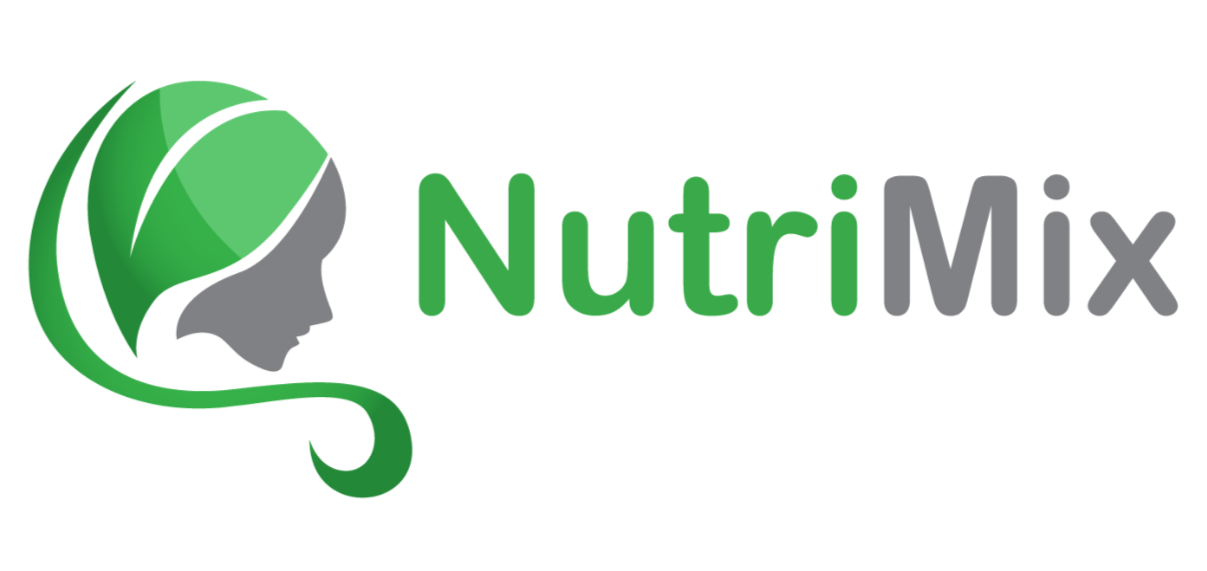Why Nutrition Changes After 40
Hitting your 40s can feel like someone quietly rewrote your body’s rulebook.
You might eat the same foods as before, but suddenly your jeans feel tighter, your energy dips midafternoon, and sleep doesn’t leave you as refreshed. It’s not your imagination — it’s biology.
Around age 40, muscle mass naturally starts to decline, metabolism slows, and hormones begin to shift. These changes affect how efficiently your body burns calories, repairs tissue, and regulates appetite.
The good news? Small, intentional changes to your nutrition can help you feel strong, sharp, and vibrant at any age. Let’s explore seven of the most common nutrition mistakes people make after 40 — and how to fix them.
1️⃣ Eating Like You’re Still 25

The Mistake:
Many people maintain the same eating habits they had in their 20s or 30s — same portion sizes, same carb-heavy meals, same late-night snacking. But as muscle mass decreases, calorie needs drop even as nutrient needs rise.
The Fix:
-
Focus on nutrient-dense foods: lean protein, colorful veggies, healthy fats.
-
Reduce refined carbs and sugar.
-
Mind portions; eat slowly.
-
Try the half-plate rule: ½ vegetables, ¼ protein, ¼ complex carbs.
The Science of Longevity: How Diet and Lifestyle Choices Impact Your Lifespan
Holistic Health: Uniting Diet, Exercise & Mindfulness for a Vibrant Life
2️⃣ Skimping on Protein

The Mistake:
After 40, the body becomes less efficient at using protein to preserve muscle — a process known as anabolic resistance. Without enough protein, metabolism slows and muscle tone fades.
The Fix:
-
Include 25–30g of protein per meal.
-
Combine plant and animal sources.
-
Eat protein soon after workouts.
-
Pair with strength training for best results.
The Power of Protein: Why It’s Essential for Every Age Group
3️⃣ Ignoring Micronutrients

The Mistake:
Deficiencies in vitamin D, B12, calcium, magnesium, and omega-3s are common after 40. These nutrients regulate metabolism, immunity, and mood.
The Fix:
-
Eat a rainbow of vegetables and fruits.
-
Add nuts and seeds for minerals.
-
Get bloodwork once a year to track levels.
-
Enjoy moderate sun exposure for vitamin D.
How to Balance Macros Without Counting Calories
Harnessing the Anti‑Aging Power of Polyphenols
4️⃣ Living on Caffeine and Skipping Meals

The Mistake:
Relying on caffeine as a meal substitute spikes cortisol and causes energy crashes. Skipping meals slows metabolism and increases cravings later in the day.
The Fix:
-
Always pair coffee with real food.
-
Limit caffeine to mornings.
-
Keep healthy snacks (nuts, fruit, hummus).
-
Stay hydrated — fatigue often signals dehydration.
How to Break Bad Habits and Build New Healthy Ones
5️⃣ Neglecting Gut Health
The Mistake:
Gut diversity declines with age and stress, weakening digestion and nutrient absorption.
The Fix:
-
Eat fermented foods regularly.
-
Add prebiotic fibers (onions, garlic, oats).
-
Cut back on processed foods and added sugars.
-
Manage stress — it directly affects digestion.
The Gut‑Brain Connection: How Your Microbiome Affects Mood & Muscle
Why Gut Health Matters and How to Improve It
6️⃣ Forgetting About Sleep Nutrition

The Mistake:
Poor sleep alters hunger hormones (leptin, ghrelin) and increases cravings for sugar and refined carbs.
The Fix:
-
Eat light dinners 2–3 hours before bed.
-
Avoid alcohol and caffeine at night.
-
Add magnesium-rich foods (leafy greens, seeds).
-
Keep consistent sleep and wake times.
Sleep, Recovery, and Longevity: Building a Restorative Routine
7️⃣ Not Drinking Enough Water

The Mistake:
Thirst signals weaken with age, leading to subtle dehydration that affects focus and metabolism.
The Fix:
-
Drink water consistently throughout the day.
-
Aim for half your body weight (in ounces) daily.
-
Start every morning with a full glass of water.
-
Flavor with fruit or cucumber for variety.
The Benefits of Staying Hydrated: How Much Water Do You Really Need?
🧬 Putting It All Together
Turning 40 isn’t about slowing down — it’s about leveling up.
By adjusting your nutrition to meet your body’s evolving needs, you can feel lighter, stronger, and more focused than you did a decade ago.
Focus on balance, variety, and awareness. Support your gut, sleep, hydration, and muscle health — and your metabolism will naturally follow.
The healthiest years of your life can still be ahead — not behind. Eat mindfully, move intentionally, and let every meal become a small act of longevity.
🩵 Key Takeaways
-
Metabolism slows with age, but smart nutrition keeps energy high.
-
Protein, fiber, and micronutrients are your foundation.
-
Balanced meals beat caffeine and crash diets.
-
Gut health, sleep, and hydration are essential to age well.
- For complete 24-hour wellness — energy, recovery, and deep sleep support — explore the Revive & Thrive Bundle



